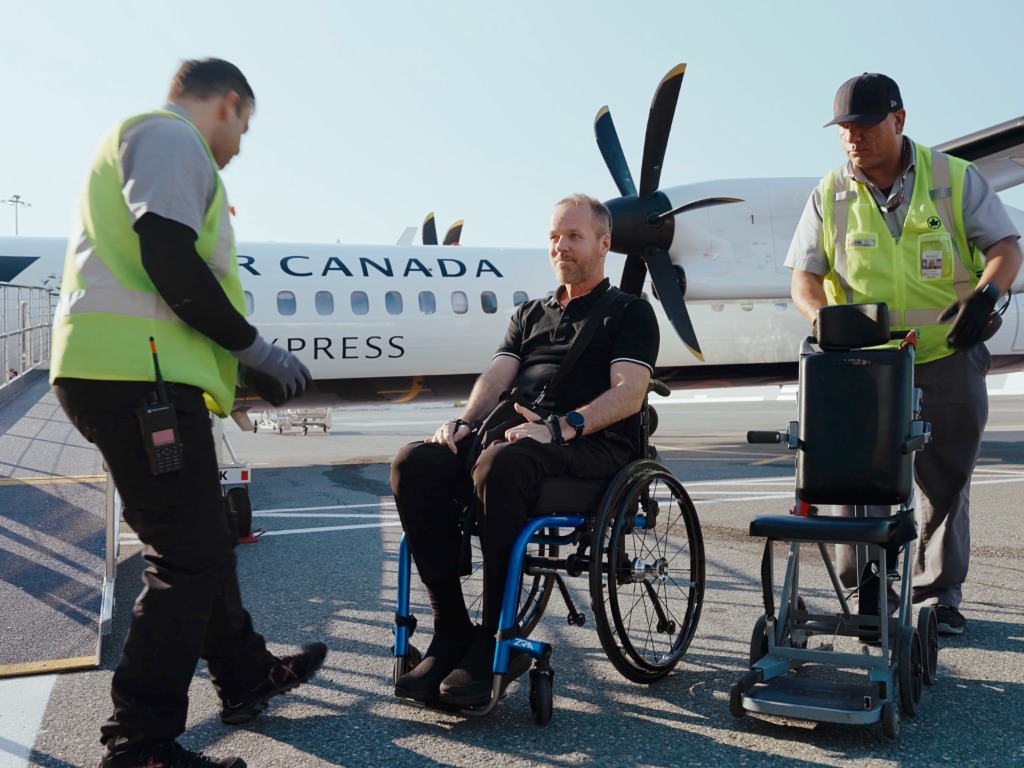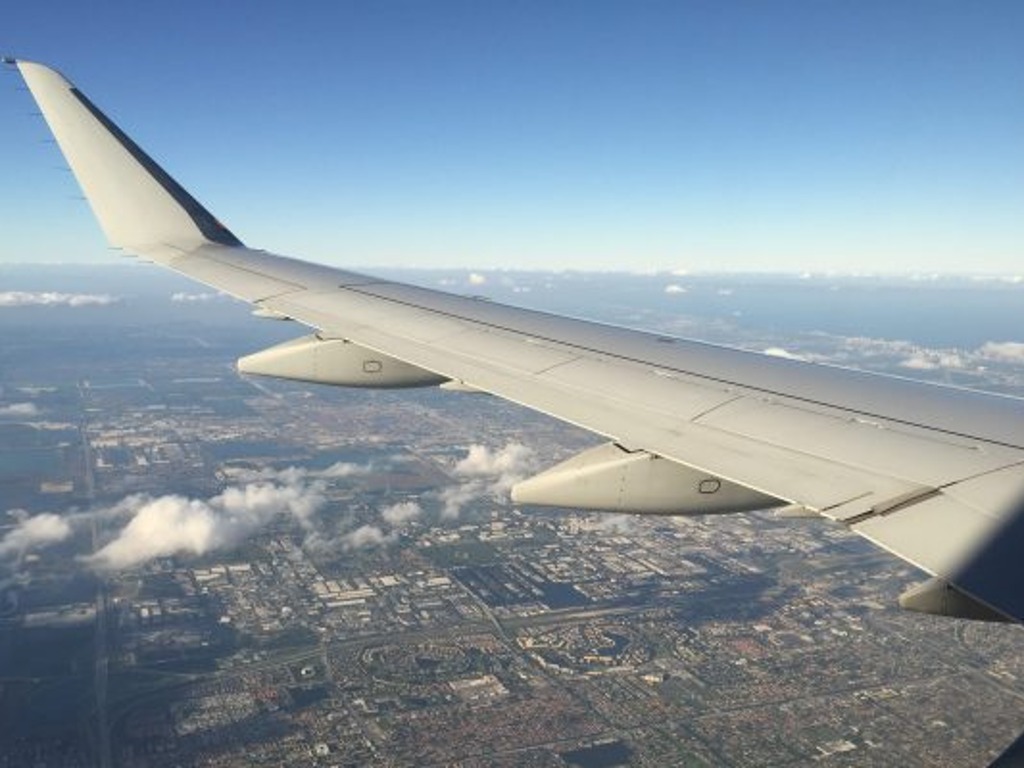Amex GBT breaking down barriers for business travellers

According to new research by American Express Global Business Travel (Amex GBT), travel accessibility remains a ‘significant’ barrier for travellers with a disability.
In its latest survey of 500 business travellers with a disability, Amex GBT found that almost three quarters (74%) of respondents consider business travel crucial for career progression, yet 65% said they are unable to participate in business travel due to their disability.
It also reported that 61% said they’ve had to cancel crucial trips because of insurmountable accessibility issues.
Half of respondents (50%) reported having to decline a job offer due to travel requirements they felt they couldn’t meet, while 63% believe able-bodied colleagues progress faster in their careers due to easier access to travel opportunities.
Derek Moxam, an accessibility advocate and agent coach at Amex GBT based in Northern Ontario, observed that: “There are an array of career barriers facing people with disabilities. I’ve encountered many of the challenges identified in the survey. These obstacles can be incredibly discouraging and limit our professional and personal growth.”
So, what’s the solution?
Recognizing that accessibility is an obstacle to travel for an estimated 1.3 billion people around the world who have a disability, Amex GBT has created a new global accessibility solution for business travellers. It is the first accessibility solution of its kind that supports travellers with visible and invisible disabilities on every stage of their journey. It has already been adopted by companies like Google, IBM, and Salesforce.
Penny Clauson, Director, Global VIP Strategy at Amex GBT, explained: “It is about us taking that anxiety and trepidation off the plate of the traveller. We really wanted to provide guardianship for anyone with auditory, visual, mobility or neurodivergency needs in a deeper fashion.”
Among the featured services is the Travelers Requiring Specialty Assistance (TRSA) desk, which is staffed by travel counsellors one specially trained to support accessibility needs.
Consultants go through two certification types: for managing VIP travellers and a special training around different case studies that they might encounter.
When putting the team together, special consideration was given to those employees who have personal experience in working with disabilities. One team coach, for example, has a daughter with cerebral palsy, and one consultant’s husband has multiple sclerosis.
The platform also captures special requirements for travellers, with an eye for maintaining their privacy.
Said Clauson: “We never ask what is your condition or your disability. What we do is ask if there are any things you need every time you travel — if you travel with an assistant, an emotional support animal or a wheelchair — so they don’t have to repeat themselves over and over again.”
A more equitable travel environment
For a neurodivergent traveller, services might include alerting vendors to such needs as having the lights off in the hotel room on arrival or knowing a quiet place in a hotel or airport the traveller can access.
Clauson said that: “In today’s environment, it would take calls to several vendors to figure things out. We want it to be a very differentiated experience where they won’t have to think about those components.”
The launch of the global accessibility solution reaffirms American Express GBT’s dedication to driving inclusivity and accessibility in business travel. By prioritizing accessibility, the company aims to create a more equitable travel environment where all individuals can thrive both personally and professionally.
Moxam said that: “This new service helps solve the challenges disabled travellers face. My message for people travelling for business with a disability is to get out there. With the right planning and team behind you it can be done seamlessly. It’s so rewarding to meet people in person. It’s not without challenges, and that’s to be expected, but overcoming adversity is something we do all the time.”


